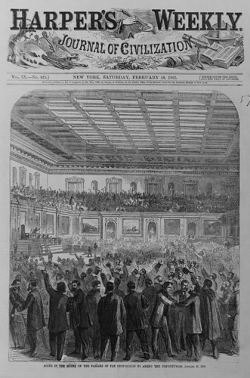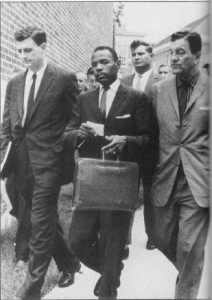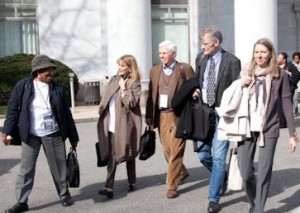Exploring “White in America”
Posted December 11th, 2012 by James DeWolf PerryCategory: History, Living consequences, Race and Ethnicity Tags: Douglas Blackmon, Racial discrimination, Racial identity, Soledad O'Brien, Traces of the Trade
 Update: On Monday, December 17, our Katrina Browne will appear on “Huff Post Live” at 12:30 ET to discuss the topic of “White in America,” in a segment entitled “Is It Time To Ask What Being White Means?”
Update: On Monday, December 17, our Katrina Browne will appear on “Huff Post Live” at 12:30 ET to discuss the topic of “White in America,” in a segment entitled “Is It Time To Ask What Being White Means?”
This weekend, CNN’s Soledad O’Brien debuted the fifth installment of her provocative series, Black in America. This time, in “Who is Black in America?”, O’Brien explores the nuances of racial self-identification in the United States, as well as the pressures put on individuals by the ways others categorize them.
The episode raises such difficult questions as whether there is a separate bi-racial identity in this country, or whether those of mixed black and white ancestry may, or must, self-identify simply as “black.” (For more, see Cheryl Contee’s essay at Jack & Jill Politics.)



 I’m one of the jaded ones now.
I’m one of the jaded ones now.

